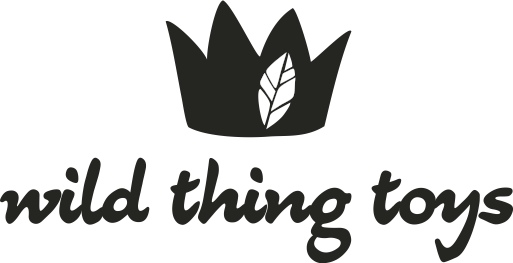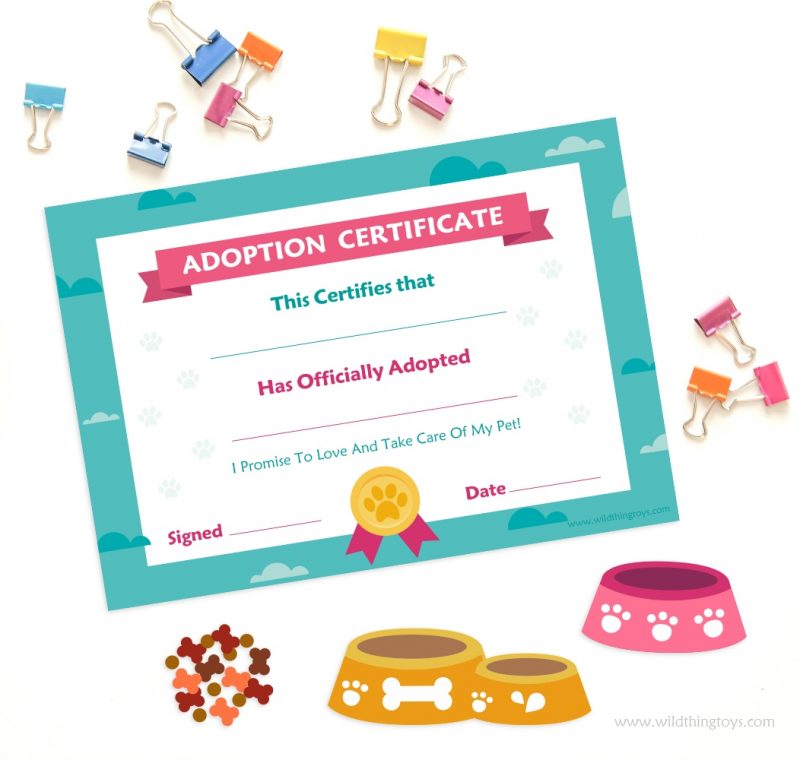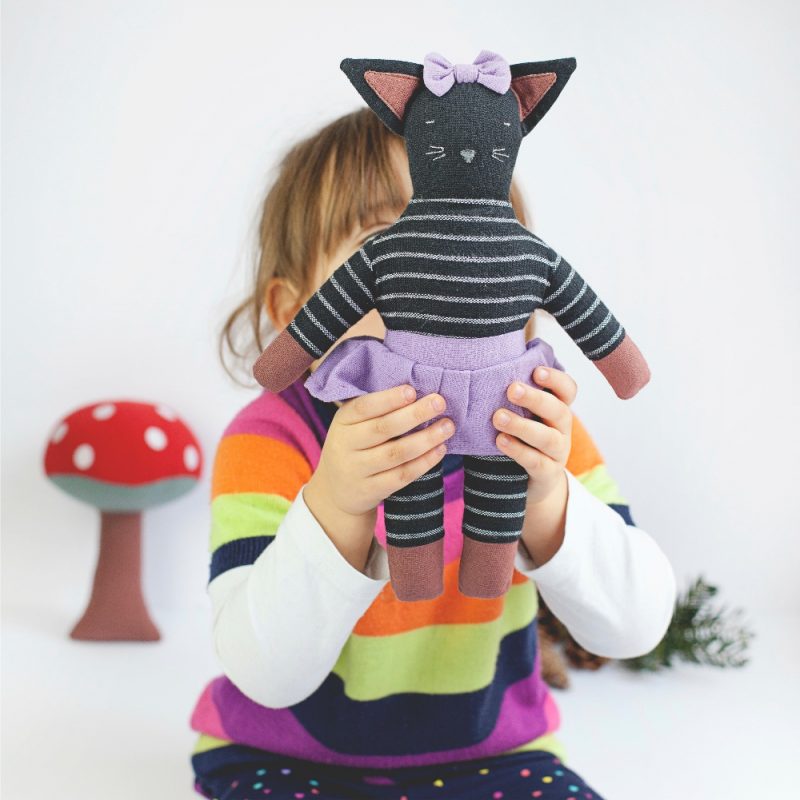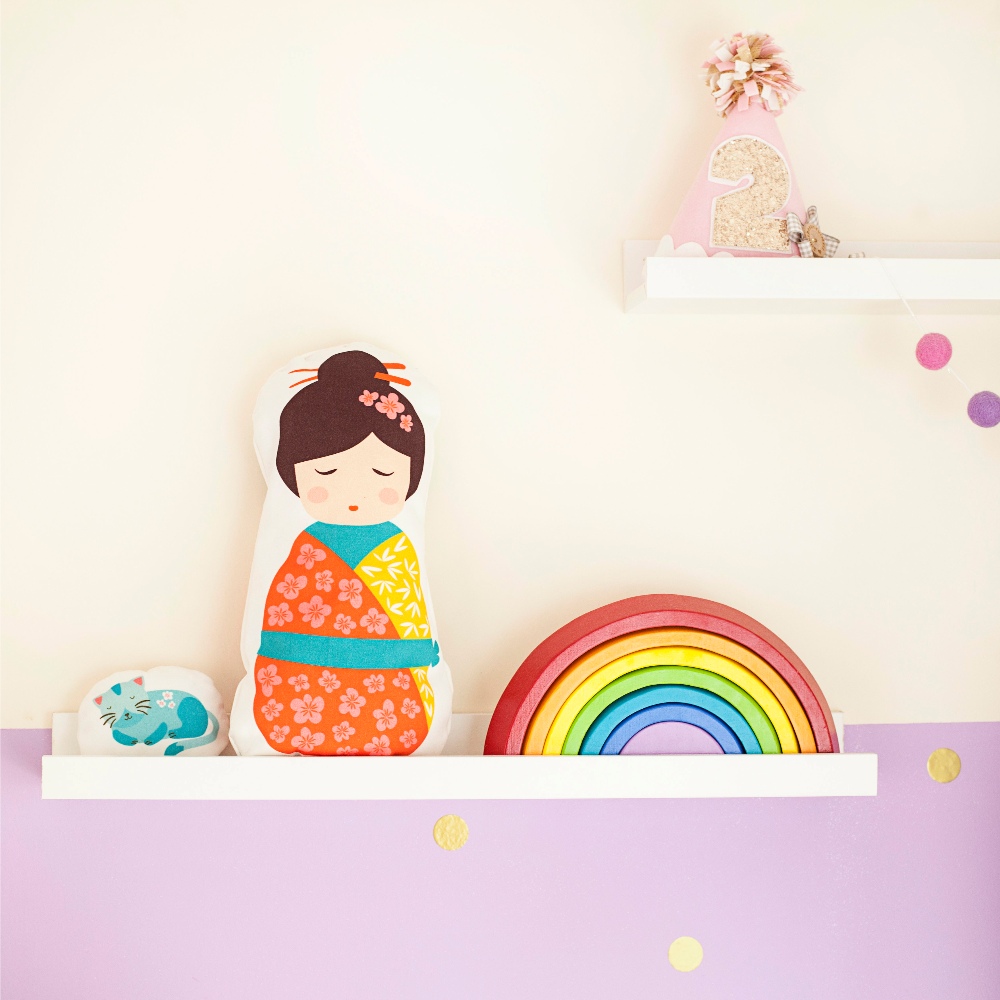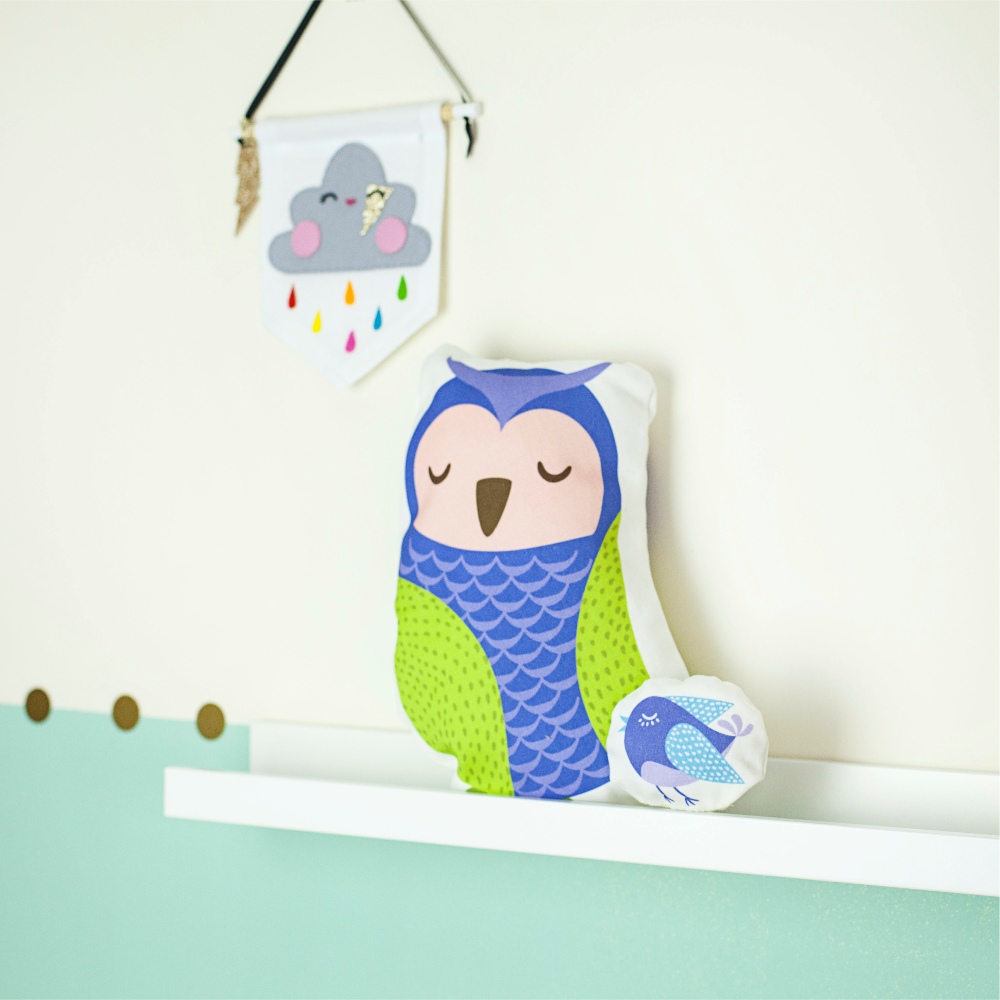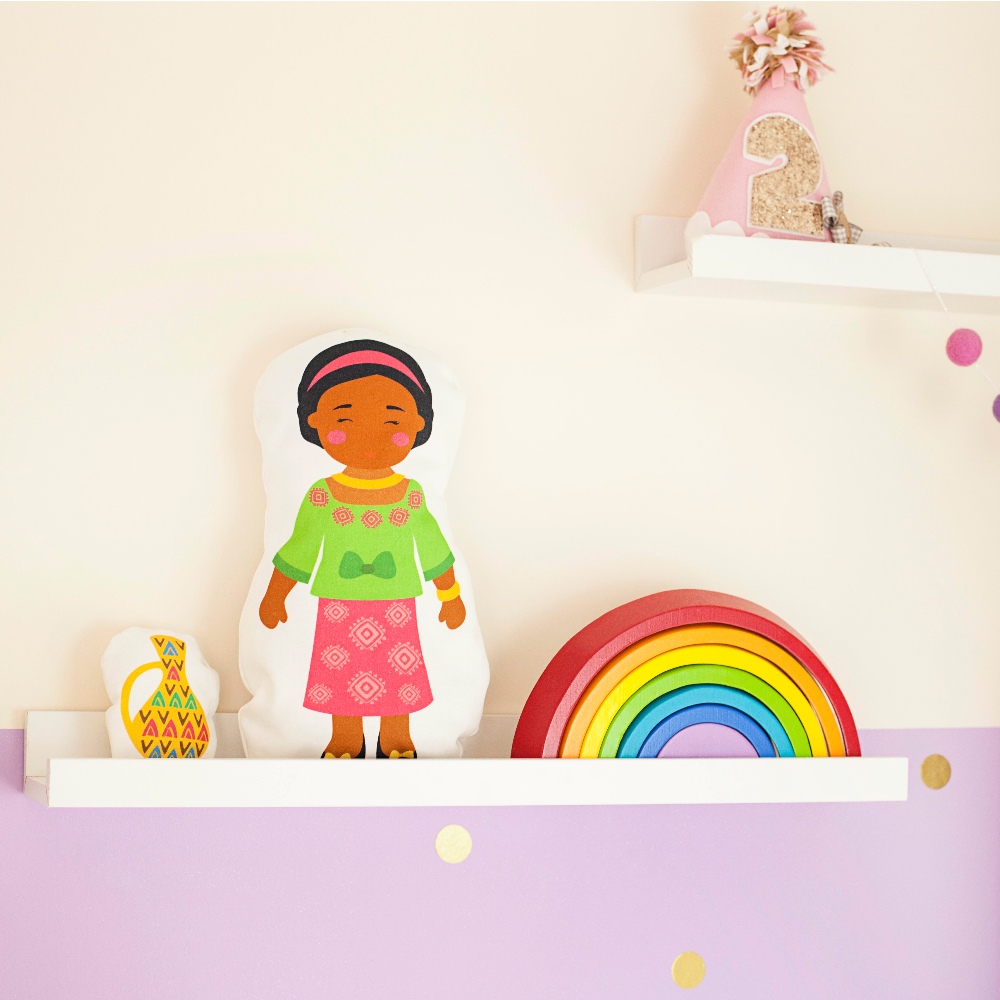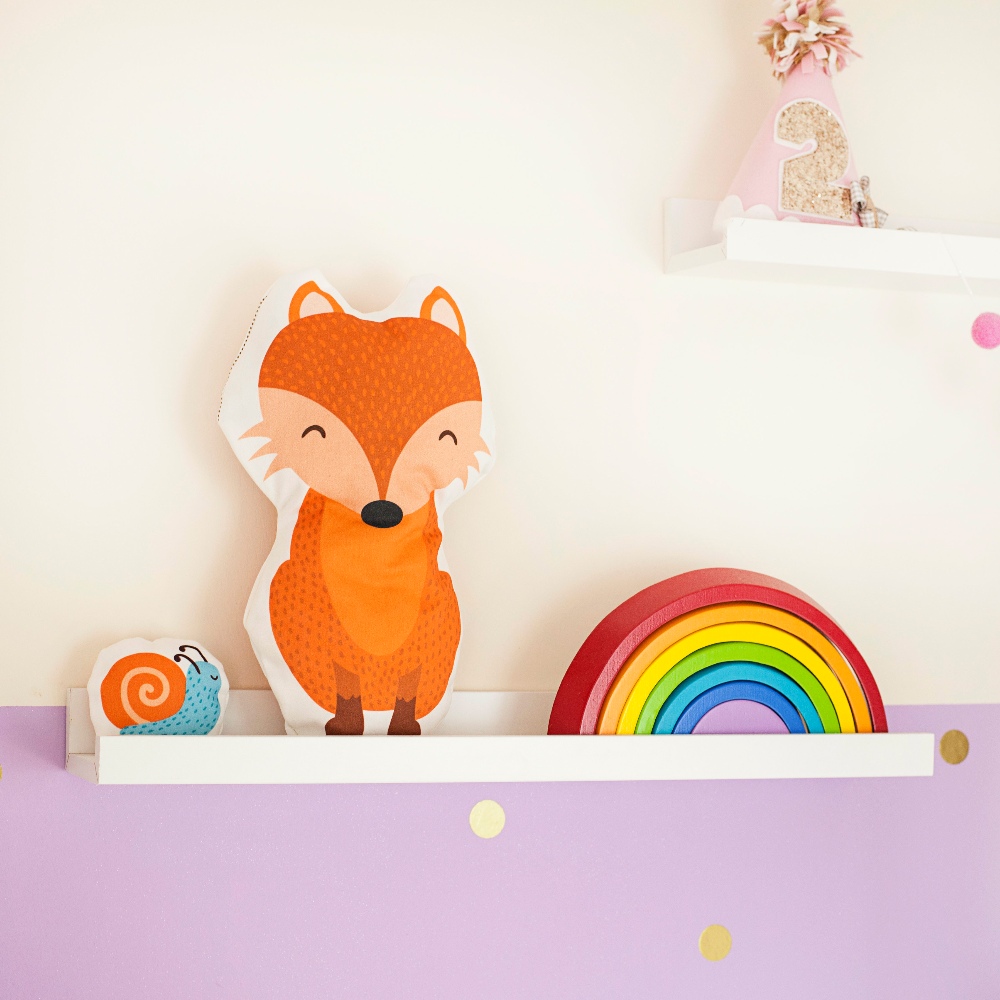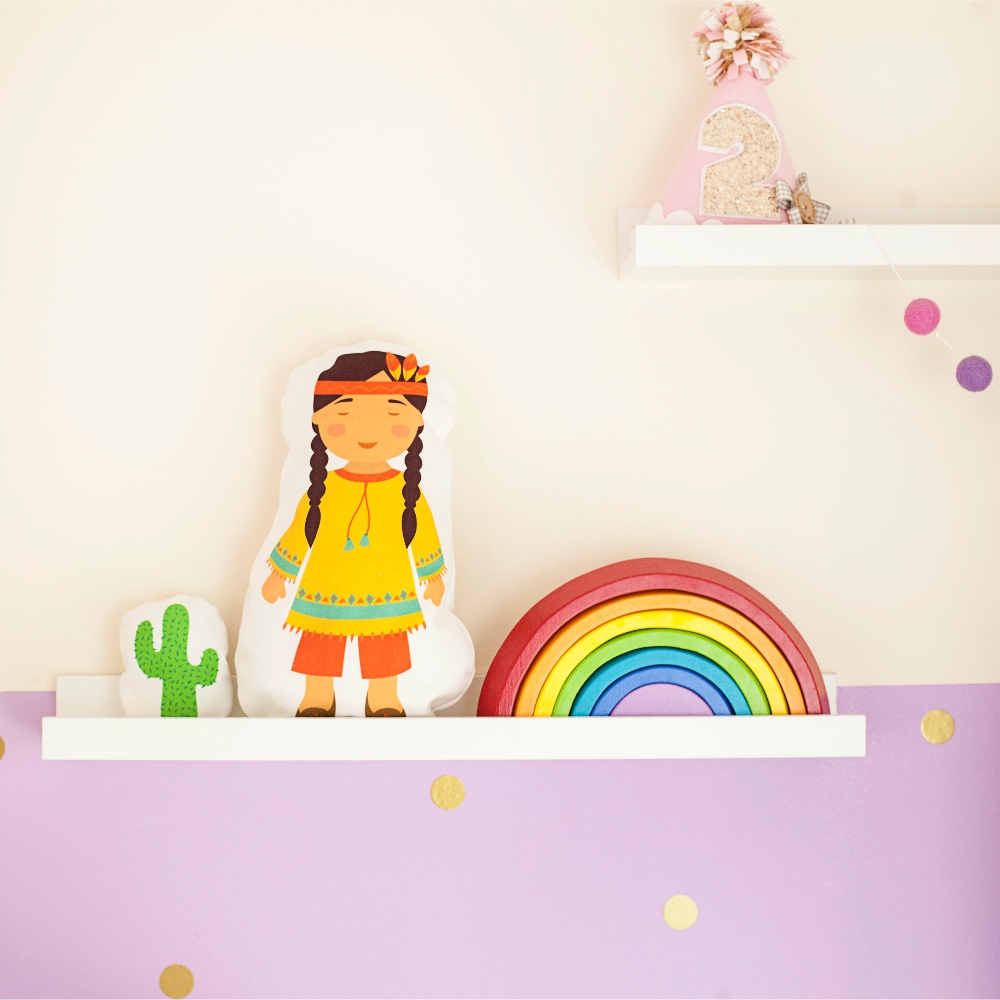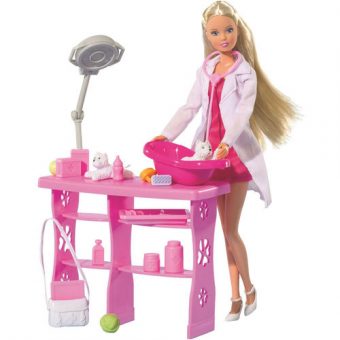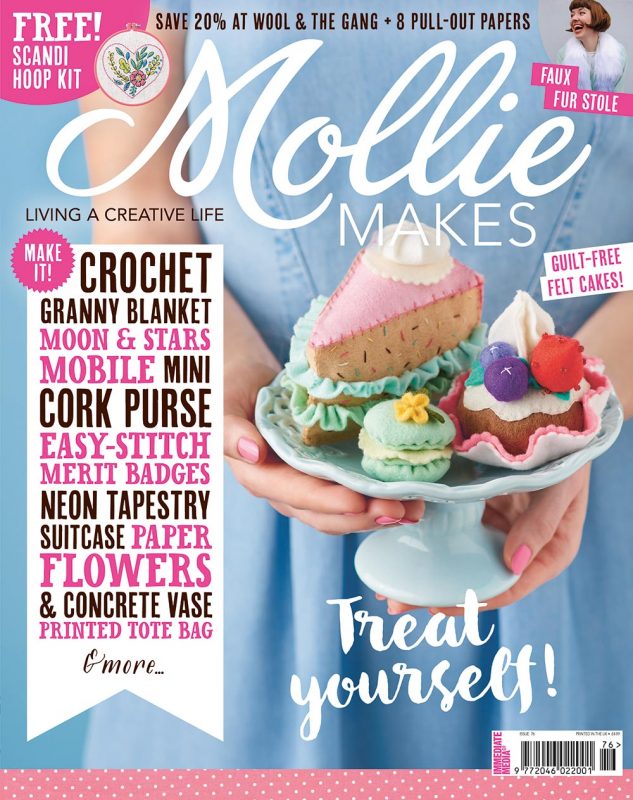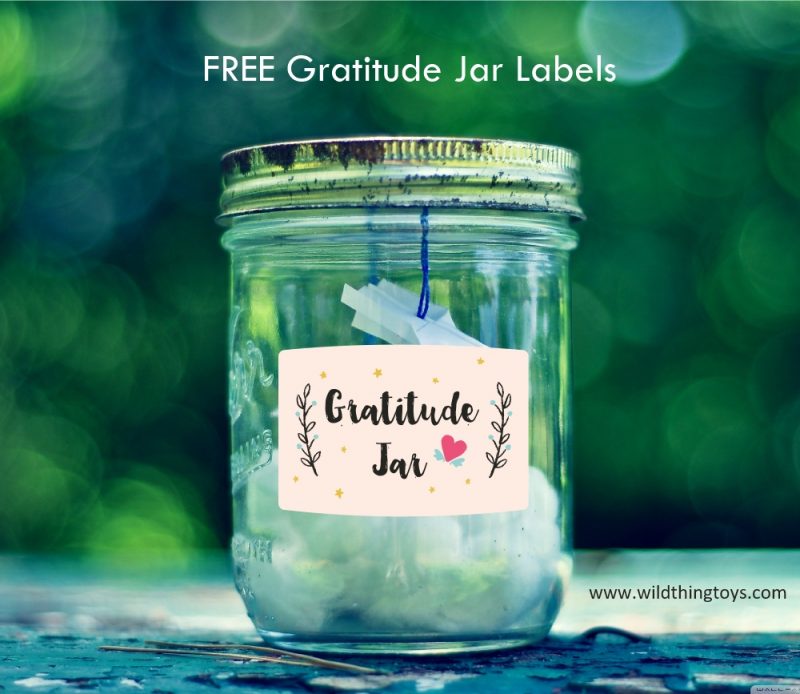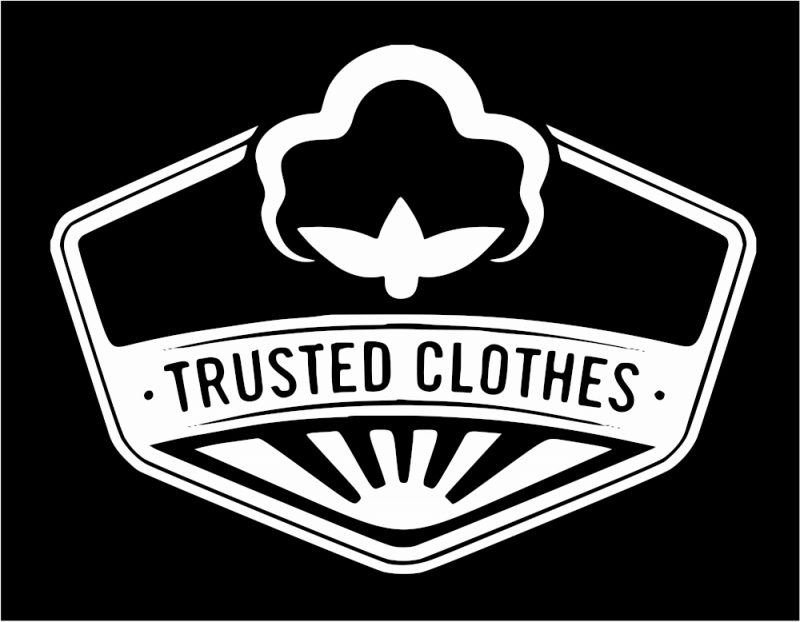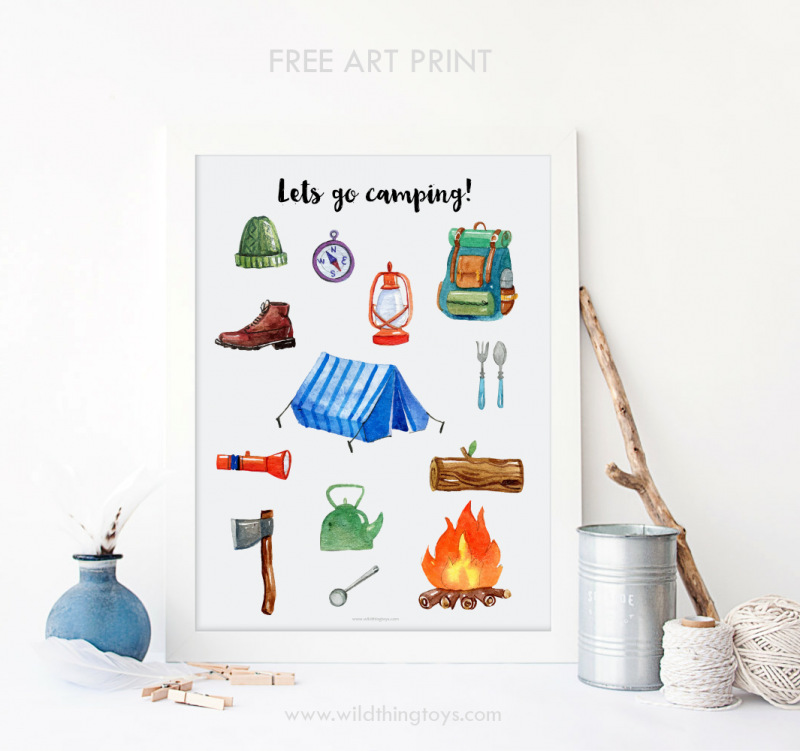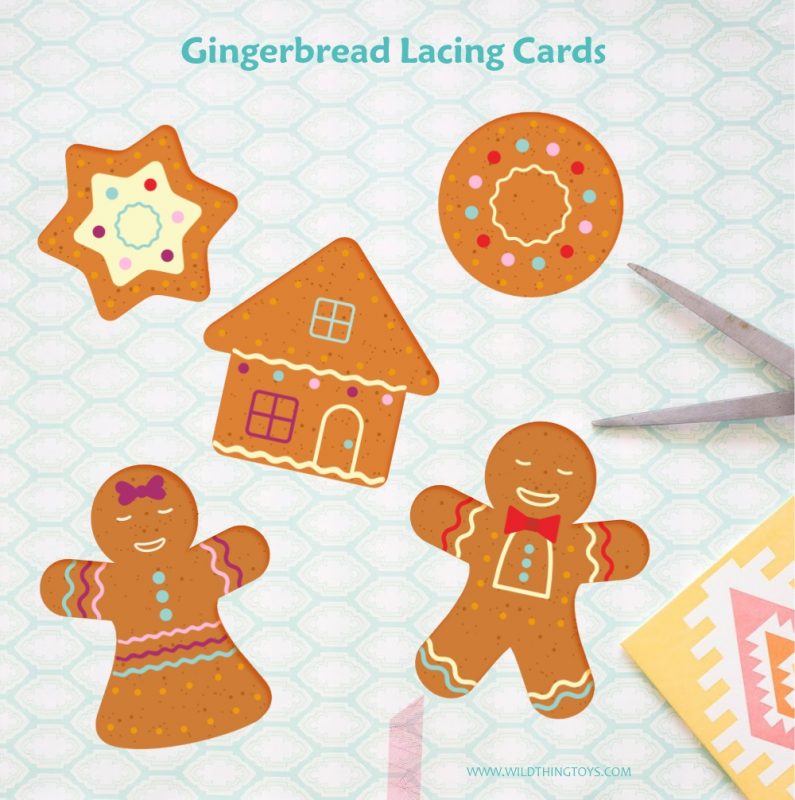Little girls have always played with dolls, however all children should have the opportunity to own and play with dolls regardless of gender. Toys that are aimed at boys are usually based on aggression or competitiveness, whereas dolls are generally aimed at promoting nurturing and social skills. A healthy balance would be for both girls and boys to have a chance to play with toys that promote all these skills. It is widely accepted these days that girls should be encouraged to play with toys that are traditionally ‘boy’s toys’ such as cars and Lego, however sadly it is not the same for toys that are traditionally aimed at girls.
Playing with dolls can be hugely beneficial for boys (and girls) in their developmental skills.
Language Skills
A doll is a toy that can really assist in expanding a child’s interactive play. They learn a lot of language through playing with dolls giving them the opportunity to use and practice their speech and linguistic skills. As they progress into greater imaginative play, they will further extend their vocabulary.
Cognitive & Motor Skills
Children use dolls to practice skills before they are able to apply it themselves, such bathing, getting dressed and brushing their teeth. Boys tend to develop their fine-motor and self-help skills a little later than girls, therefore have an even greater need of a doll. At the age of two or three a doll can become a friend and confidante that can help overcome fears or emotional issues. Dolls can be a source of comfort and assist in make believe scenarios similar to the child’s own, helping them face challenges and find solutions.
Nurturing skills
Caring for a doll increases caring and nurturing skills. Children learn to be responsible for the doll as they care for it and pretend play imaginary scenarios. This gives them the opportunity to see beyond just themselves and develop vital strengths such as empathy and selflessness, which will hopefully lay down the foundation for empathetic parenting when they are older.
We are very excited about our new creative play sewing kits! Learn to sew and make your very own beautiful soft toy or doll. This sewing kit includes everything you need to make a cute toy. Can be hand or machine sewn. A perfect project for learning how to sew by hand or the first steps in to using a sewing machine. The fabric panel also contains a mini toy. Designs include some lovely international dolls and some woodland animals.
Buy kits here
Article from Psychology Today
[This post was co-authored with Jerome L. Singer and Dorothy G. Singer]
Many people often think of play in the form of images of young children at recess engaging in games of tag, ball, using slides, swings, and physically exploring their environments. But physical play is not the only kind of play. We often use the terms pretend play or make-believe play (the acting out of stories which involve multiple perspectives and the playful manipulation of ideas and emotions), that reflect a critical feature of the child’s cognitive and social development. Over the last seventy-five years a number of theorists and researchers have identified the values of such imaginative play as a vital component to the normal development of a child.
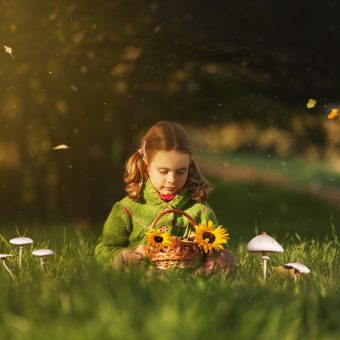 Systematic research has increasingly demonstrated a series of clear benefits of children’s engagement in pretend games from the ages of about two and one half through ages six or seven. Actual studies have demonstrated cognitive benefits such as increases in language usage including subjunctives, future tenses, and adjectives. The important concept of “theory of mind,” an awareness that one’s thoughts may differ from those of other persons and that there are a variety of perspectives of which each of us is capable, is closely related to imaginative play (Jenkins & Astington, 2000; Leslie, 1987; Singer & Singer, 1990; Singer & Singer, 2005).
Systematic research has increasingly demonstrated a series of clear benefits of children’s engagement in pretend games from the ages of about two and one half through ages six or seven. Actual studies have demonstrated cognitive benefits such as increases in language usage including subjunctives, future tenses, and adjectives. The important concept of “theory of mind,” an awareness that one’s thoughts may differ from those of other persons and that there are a variety of perspectives of which each of us is capable, is closely related to imaginative play (Jenkins & Astington, 2000; Leslie, 1987; Singer & Singer, 1990; Singer & Singer, 2005).
Psychologist Sandra Russ (2004) identified a number of different cognitive and affective processes that are associated with pretend play. Her research dealing with play involves fantasy, make-believe, symbolism, organization, cognitive integration of seemingly separate content, and divergent thinking (the ability to come up with many different ideas, story themes, and symbols). Pretend play allows the expression of both positive and negative feelings, and the modulation of affect, the ability to integrate emotion with cognition (Jent, Niec, & Baker, 2011; Seja, & Russ, 1999; Slade and Wolf, 1999).
The research reviewed by Berk, Mann & Ogan, (2006) and Hirsh-Pasek, Golinkoff, Berk, & Singer (2009) suggest that make-believe games are forerunners of the important capacity for forms of self-regulation including reduced aggression, delay of gratification, civility, and empathy. When children use toys to introduce possible scenarios or friends, the representation of multiple perspectives occurs naturally. Taking on different roles allows children the unique opportunity to learn social skills such as communication, problem solving, and empathy (Hughes, 1999).
An important benefit of early pretend play may be its enhancement of the child’s capacity for cognitive flexibility and, ultimately, creativity (Russ, 2004; Singer & Singer, 2005). Russ, for example, in longitudinal studies, found that early imaginative play was associated with increased creative performance years later (Russ, 2004; Russ, & Fiorelli, 2010). Root-Bernstein’s research with clearly creative individuals such as Nobel Prize winners and MacArthur Foundation “genius” grant awardees, indicated that early childhood games about make-believe worlds were more frequent in such individuals than in control participants in their fields (Root-Bernstein, 2012).
What are the sources in children’s environments that promote early and frequent imaginative play? Research has demonstrated that parents who talk to their children regularly explaining features about nature and social issues, or who read or tell stories at bedtime seem to be most likely to foster pretend play (Shmukler 1981; Singer & Singer 2005). A school atmosphere in which pretend games are encouraged, or even just tolerated in the curriculum or recess play of children has also been shown to lead to even greater amounts of imaginativeness and enhanced curiosity, and to learning skills in preschoolers or early school-agers (Ashiabi , 2007; Singer and Lythcott 2004) . Indeed, educators are using pretend games to teach math and reading (Clements, & Sarama, 2009; Ginsburg, 2006).
A key question that arises from the literature is how parent and teacher training in “guided play” may influence literacy. Singer and colleagues conducted a series of studies on the effectiveness of Learning through Play, an intervention program designed to teach parents and educators how to engage in learning-oriented, imaginative play games with children (Singer, Plaskon, & Schweder, 2003). In the initial evaluation of the program kindergarten children of low-SES parents who participated in the intervention showed significant gains on an academic readiness assessment than those whose parents did not participate. Modest improvements were found in subcomponents of the test, including vocabulary, knowledge about nature, general information knowledge, and knowledge about manners. In another curriculum, Tools of the Mind, inspired by Vygotsky’s theory, scaffolding of cognitive control is woven into virtually all classroom activities (Bodrova, 2008). For example, teachers encourage complex make-believe play, guiding children in jointly planning of play scenarios before enacting them. Teachers also lead rule-switching games in which regular movement patterns shift often, requiring flexibility of attention.
Perhaps the idea of a built-in ‘pretend play recess’ during the regular school day—where children can get together and explore an infinite amount of possible combinations of ideas, emotions, and perspectives—will one day be just as acceptable as traditional, but no less important, forms for recess and play.
This article is from Psychology Today
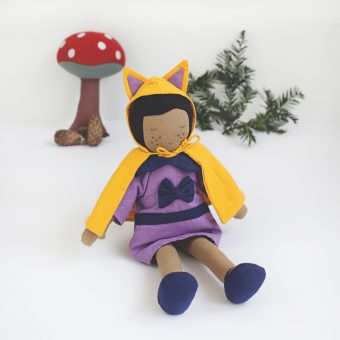 We believe that dolls with just a hint of facial features, or even no features at all, are more likely to stimulate a child’s imagination and encourage more open ended play. A doll with a minimum of expressions can have various emotions, just as in real life situations. It can be happy or sad, bossy or strong and can imitate the child’s own range of feelings, ultimately giving the child control over the numerous play possibilities.
We believe that dolls with just a hint of facial features, or even no features at all, are more likely to stimulate a child’s imagination and encourage more open ended play. A doll with a minimum of expressions can have various emotions, just as in real life situations. It can be happy or sad, bossy or strong and can imitate the child’s own range of feelings, ultimately giving the child control over the numerous play possibilities.
A plastic/vinyl doll on the other hand has one fixed frozen smile feature. One can argue that some plastic dolls have a positive role to play. Some fashion dolls have themes to them, such as vets, horse trainers or doctors. However, even with these themed dolls, the play is ‘fixed’ to the theme, resulting in limiting the child’s independent thinking. Alternatively a simple natural doll can help boost creativity as the child has to think and use his or her own imagination to create the play, as opposed to the doll dictating to the child how to play.
Another concern is that many manufactures of plastic dolls are quite happy with promoting early sexualisation with their dolls.
The plastic dolls which are suppose to be ‘positive role models’ have full make up, high heels and highly sexualised unrealistic body forms, which are not an ideal role model for any little girl or boy to look up to. There’s already enough pressure from the media and society to look a certain way without implanting these unnatural standards in to dolls.
Handmade dolls
We are accustomed to living in a throwaway society where toys are thrown out and replaced at an alarming rate. Rarely will you be able to repair a plastic doll with a broken limb. Instead, hordes of these dolls end up in landfill sites. Well-made heirloom quality cotton dolls can be cleaned and repaired and passed down to other children instead of being thrown out. They can be treasured in childhood, and remembered with fondness in adulthood.
Our fair trade dolls are all hand made. The dolls are created from 100% cotton which is hand loomed by age old production methods without any usage of electrical machinery. This produces a heavy high quality cotton that is beautifully tactile to touch. Each doll or soft toy is then lovingly handcrafted by artisans who work under fair trade conditions.
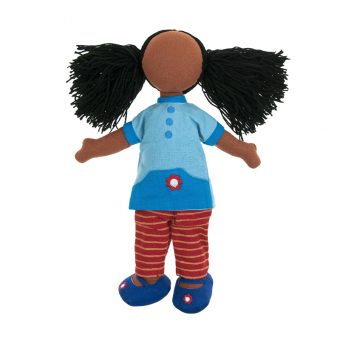 The dolls are beautiful in sight with a range of skin colours to compliment the diversity of people in the world. Without sounding too clichéd, each doll is made with care and love by the doll maker to be treasured by the child.
The dolls are beautiful in sight with a range of skin colours to compliment the diversity of people in the world. Without sounding too clichéd, each doll is made with care and love by the doll maker to be treasured by the child.
A wonderful quote that captures the value of a handmade doll is by the doll maker, Maricristin Sealey, “…a handcrafted doll is one of a kind, an individual which carries the spirit of the maker in its stitches and absorbs the spirit of the child who loves it.”
Look what’s been spotted in this months (issue 76) Mollie Makes magazine – our very own fair trade mushroom rattles.
We love Mollie Makes magazine, its jam packed with oodles of super creative craft ideas and projects within its beautifully styled pages.
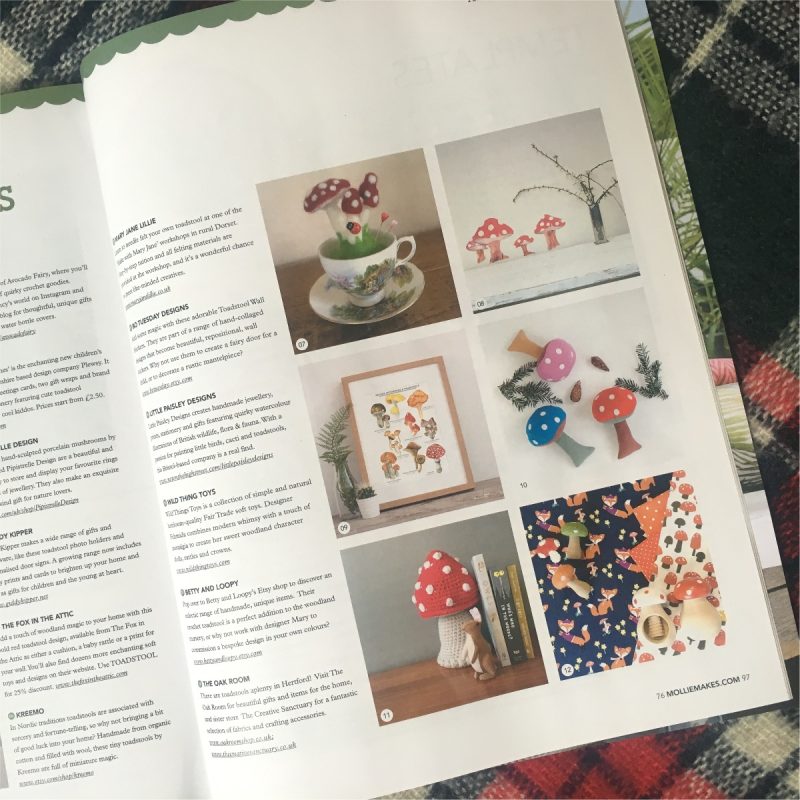
Free gratitude jar labels and mini notes to download!
A fun activity and thoughtful way to teach children to be thankful and a reminder to be grateful for the little things in life. Try and write down something that you’re grateful for each day on the mini message notes supplied, put it in the jar and read through them at the end of the year.
Click on the image to download jar and mini message notes.
Here’s my interview with the awesome ‘Trusted Clothes’ magazine, an organisation that promotes ethical and sustainable fashion for the conscious consumer:
‘AN INTERVIEW WITH FEHMIDA SHAH OF WILD THINGS TOYS’
‘Wild Thing Toys was founded by Fehmida Ibrahim Shah. She has worked with various social and educational movements and is passionate about supporting a fair trade business models. She started Wild things toys that inspire imagination and play. This is her story.
Tell us about family background – geography, culture, language, and religion.
My name is Fehmida Ibrahim Shah, I was born in the UK, of Indian heritage, and live in London with my three children and a selection of pets.
Tell us about your story – education, prior work, and so on?
I have never really stuck to a career path as such, and have almost always accidently fell in to various fields, from being a florist, to teaching, and working in the social housing sector.
I have studied floristry, then building construction & social housing at Middlesex University and then have gone on to study design & textiles. I am presently studying Near East Archaeology.
How did you get interested in ethical and sustainability?
As far as I can remember, as a family, we were taught the values of having respect for other people, for animals, and for the planet. We were taught that the earth was precious and we were the guardians of it. Even though the terms ‘ethical’ and ‘ecofriendly’ were not used when I was young, recycling and repurposing was something that was instilled in to us. My parents were both keen gardeners and I remember endless days helping them grow flowers, fruits and vegetable, using novel pest free sustainable methods.
The turning point of when I knew I wanted to do something ethical came about when I did some voluntary work with children in the West Bank. I observed the teachers in the summer play camp making toys out of scraps of paper and bits of cloth. I marveled at their ingenuity and their ability to create something wonderful with minimum wastage.
I started a business creating paper goods whereby everything was made by either sustainable paper or completely wood free.
After running my business for a number of years, I wanted to do something else as well. Having admired the fair trade movement for a long time, it motivated me to start a business that had a completely fair trade business model.
I wanted to create a product made by someone whose life would have improved because of it. This is where my soft toy business ‘Wild Thing Toys’ came in.
What seems like the importance of fair trade?
Fair Trade has a hugely positive impact on the lives of workers and their families. It raises the standards of living for the workers and also their communities. As well as a living wage, the communities can invest in much needed projects, such as schools and health centres. Fair trade gives people opportunities that give them more control over their lives. Why shouldn’t someone from another country have the opportunities that you and I have?
Fair trade is also empowering for women. Women often face harassment and discrimination within factories and places of work around the world. Working under fair trade standards, they have protection and gender equality. Fair trade can help women to reach their full potential by making available opportunities they did not have before, such as education, leadership roles and entrepreneurship programs. They can also work within their own village and community for a decent wage and under good conditions, without having to travel to the major cities and leave their families behind.
What seems like the importance of a (relative to the country) living wage?
The minimum wage set by some countries fall short of what can be deemed as a living wage. The reality being, these workers struggle to survive on these wages whilst making products for us to consume. When a company does not provide a living wage in the poorest countries, it essentially pushes out the weakest people in the supply chain.
These workers may be forced to take on additional low paid jobs under appalling conditions and send their children to work instead of school. This keeps them indefinitely stuck in a vicious cycle of poverty.
All Wild Things soft toys and dolls are made from hand loomed cotton and environmentally friendly and child safe dyes. All products are also CE tested to EN71 and are safe for children.
A living wage, on the other hand should be enough to meet the basic needs such as food, water, housing, health care, education, clothing, transportation and child care, consequently giving the workers a chance to live a decent life, which we would all agree, is a human right.
A business who manufactures and uses a workforce would expect a high quality of goods being produced. The workers should also expect a good wage for the work they have done.
Workers that are happy and motivated are more likely to be more productive and take less time off due to sickness, which would be beneficial for the business too.
What is Wild Things Toys?
At Wild Thing toys we create heirloom quality soft toys which are all fair trade certified. Our soft toys are made from handloomed cotton made in a traditional way which is centuries old.
All the workers are paid a decent wage, work in safe and healthy working conditions, and have access to other benefits such as health checks and education projects. Employment takes place in rural villages, so the artisans do not need to travel miles leaving their families behind to work in large factories, therefore benefiting the whole community.
Our soft toys and dolls are certified by the World Fair Trade Organisation.
What are some of its feature products?
Simple natural toys with minimum features that inspire a child to imagine the countless possibilities, as opposed to the toy thinking for the child. Wild Thing Toys are made to last and to be passed on for many years to come.
Handmade and eco friendly Fox doll by Wild Things Toys. All dolls are made without beaded eyes, everything is made from fabric and stitched or embroidered on. Therefore you can be rest assured that all our toys are not only super adorable, but made to the highest safety standard.
Who grows, harvests, designs, and manufactures the products of Wild Things Toys?
The products are designed by me and from then on, I work closely with the handloom organisation Selyn, who make the toys for me. The fabric is woven using yarn which is dyed with AZO-free, ecofriendly dyes. A wastewater plant treatment ensures that the environment is protected at the same time. This waste water is treated and re used in the gardens to grow vegetables. We work closely with our partners, who are the only certified fair trade hand loom organisation in Sri Lanka. Most of the work is done in rural areas, where jobs for women are limited. The working mothers here also have the benefit of a day care facility while they work.
What is the customer base – the demographics?
Currently my fair trade soft toys are sold in the UK and worldwide via online shops.
What topics most interest you?
Surface textile design, historical textiles and archaeology. I have a keen interest in the lifestyle of past cultures and civilizations, and what we can learn from them. I am also interested in current ethical Issues.
What personal fulfillment comes from this work for you?
I feel blessed to be able to do a job that I love. The gratification comes from being able to create a design and see it made in to a product with the knowledge that the person who has made the product for me, also has a decent job with good wages.
Any other work at this time?
I am still running my paper goods business, I like to get involved with book donation projects for children. I am also presently studying Archaeology.
Any recommended means of contacting you?
You can contact me via my website www.wildthingtoys.com.
What philosophy makes most sense of life to you?
Real success is not about the attainment of wealth; rather it is about the quality of life you create for others and the peace of mind you attain for yourself.
Any feelings or thoughts in conclusion based on the conversation today?
I feel delighted that my business was included amongst all the other likeminded ethical businesses. I hope your interviews will encourage others in to taking their first step in to fair trade and sustainability.
Thank you for your time, Fehmida.
Thank you Scott.
